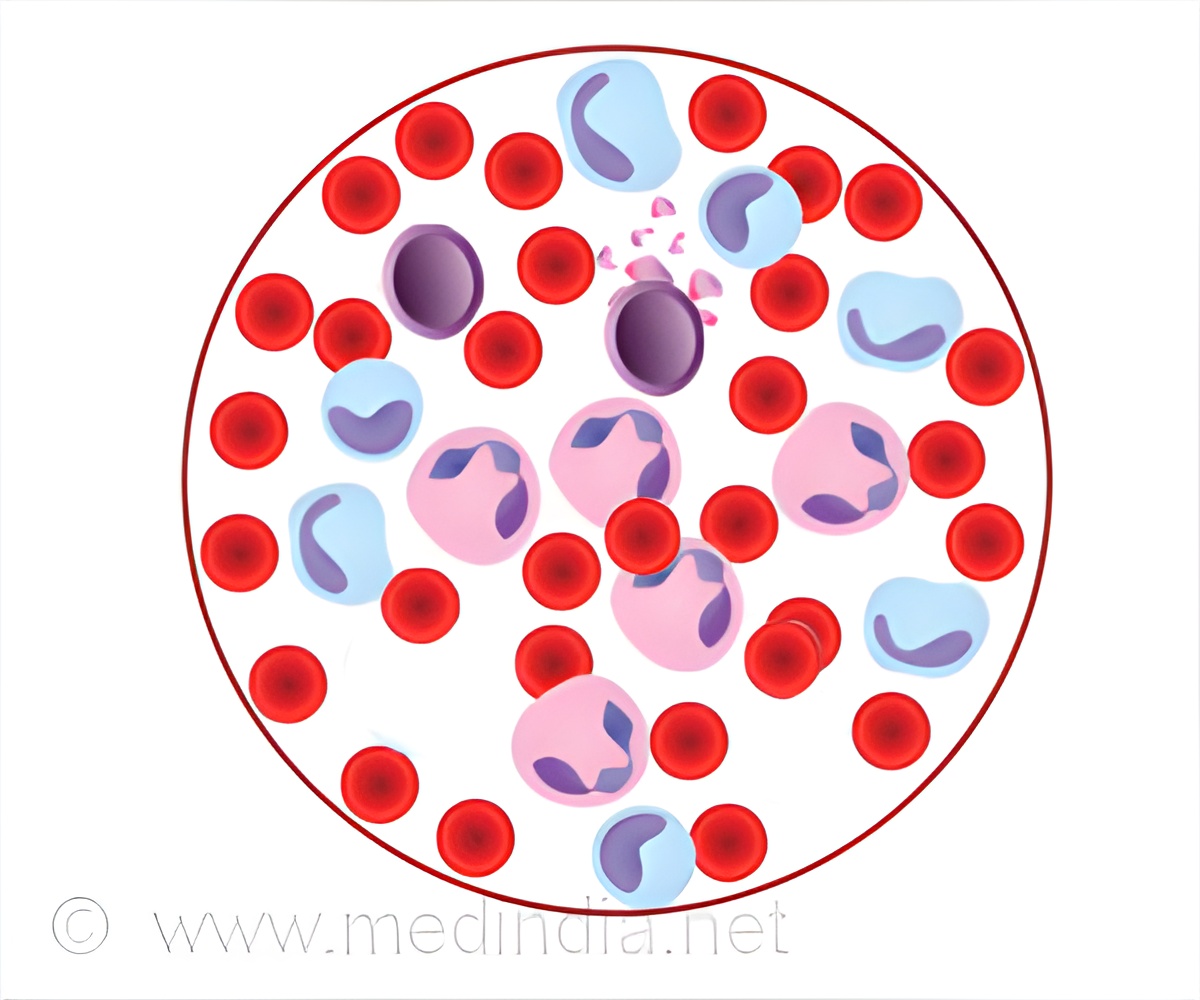The mechanism by which the kinases cause inflammation has been discovered by scientists.

‘Tyrosine kinase inhibitors (TKIs) are key anticancer medications. The use of TKIs initiates inflammation in the body, such as the lung disease interstitial pneumonitis.’





The team's findings were published in The Journal of Immunology. From their earlier studies, the team had learned that a representative TKI called Gefitinib (GF) causes lung inflammation. GF is a helpful cancer medication used in treating certain breast, lung, and other cancers.
Cancer and Inflammation
It works by targeting the epidermal growth factor receptors. When the GF is used to treat the cancer, it can also cause inflammation in the patient's lungs, through the NLRP3 inflammasome. The NLRP3 inflammasome is part of the body's immune system and plays an important role in innate immunity. But when the NLRP3 inflammasome is improperly activated, it can contribute to the development of a wide range of inflammatory diseases.Until now, scientists have not fully understood why the NLRP3 inflammasome is activated, but the evidence seems to point to mitochondrial dysfunction. When mitochondria are healthy, they work like batteries, producing energy in the body's cells. Mitochondrial dysfunction happens when the mitochondria do not work as they should because of disease. In their earlier study, the team learned that the GF activated the NLRP3 inflammasome through mitochondrial damage that led to the interstitial pneumonitis in patients. However, they had not understood how GF initiates the mitochondrial damage and whether or not other TKIs also shared this mechanism.
To conduct their study, the team looked at the tyrosine kinases, those enzymes that work as a kind of "on" and "off" switch in many of the cells' functions. They specifically studied the Src family kinases, called SFKs. The SFKs are nonreceptor tyrosine kinases that regulate many cell processes. There are 11 types of SFKs in the human genome. Some of these SFKs are in the mitochondria and they play an essential role in the function of the mitochondria. The team found that all the TKIs they tested inhibit the kinase activity of the SKFs in the mitochondria which is responsible for the NLRP3 inflammasome.
The team's comprehensive analysis of the TKIs they tested revealed that these TKIs act as powerful agonists. In addition, the team observed off-target activity that could contribute to the side effects. "As an important finding, all TKIs we tested share a common off-target activity against the mitochondrial SFKs. Therefore, blocking the access of TKIs to mitochondria is a good way to prevent the inflammation," said Matsuzawa.
Advertisement
Looking ahead, the team's next step is to propose a new approach to avoid the inflammatory-based side effects of TKIs. They hope to lead in the development of new TKIs that do not initiate inflammation.
Advertisement
Source-Eurekalert















